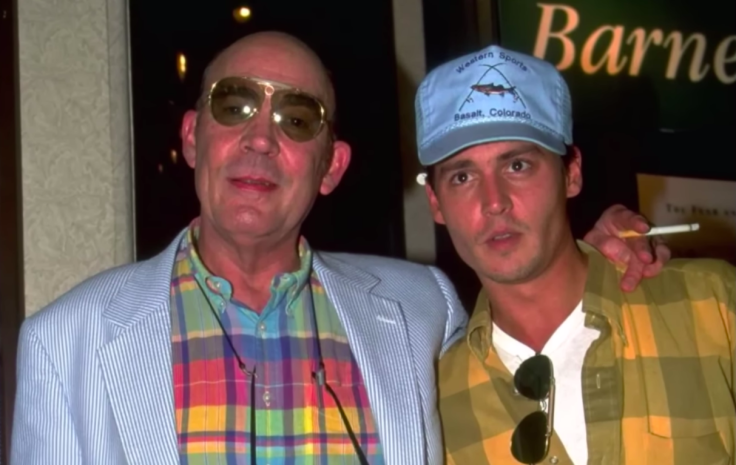Who Is Hunter S. Thompson? How His Widow's 'Biggest Regret' Sparked a New Probe Into His Suicide 20 Years On
The Colorado Bureau of Investigation has agreed to review the 2005 suicide of gonzo journalist Hunter S. Thompson after his widow raised fresh doubts two decades later.

Colorado authorities have agreed to re-examine records from the 2005 investigation into Hunter S. Thompson's death, following a request from his widow, Anita Thompson, who says doubts about his final moments have persisted.
The Colorado Bureau of Investigation (CBI) confirmed on September 30 that it will conduct a case review at the suggestion of the Pitkin County Sheriff's Office.
CBI will examine records from the 2005 ruling that found 67-year-old Thompson, the father of 'gonzo journalism,' dead from a self-inflicted gunshot wound at his home in Woody Creek on 20 February 2005. The agency has set no deadline for completion of the probe.
Widow Pushes for Transparency
Pitkin County Sheriff Michael Buglione stated that the CBI's involvement is not based on new evidence, but rather on the widow's concerns.
He told The Aspen Times that her request was 'difficult to parse' but compelling enough to warrant another look. 'The Sheriff's Office has been confident over the last 20-plus years that the original investigation was exactly what happened,' Buglione said.
He added that the fresh review could 'answer lingering questions' for the family and the public.
The CBI has not indicated how long the process will take and declined to discuss whether further action might follow.
Anita Thompson's 'Biggest Regret'
For years, Anita Thompson publicly accepted that her husband had chosen to end his life. In her 2007 memoir The Gonzo Way, she described his decision as tragic but deeply personal. But in recent interviews, she has admitted to harbouring doubts.
Speaking to The Times, she called his death 'a big mistake' and her 'biggest regret.'
In People, she said she has struggled with their final phone call, in which she reportedly heard the sound of a gun being cocked before the fatal shot. 'I never thought our life together would end this way,' she said.
A Life Larger Than Fiction
Hunter Stockton Thompson, born in 1937, became one of the most distinctive voices in American journalism.
His immersive, first-person style gave rise to 'gonzo journalism,' a genre that blends reporting with personal narrative.
He gained national recognition with Hell's Angels (1967) and cemented his reputation with Fear and Loathing in Las Vegas (1971), first published in Rolling Stone and later adapted into a cult film.
But Thompson also lived with chronic pain, heavy substance use, and depression. In the years before his death, friends said he spoke openly about suicide.
On 20 February 2005, while on the phone with his wife at their Woody Creek compound, he shot himself. His son, Juan, discovered the body.
Rolling Stone later published what it called his suicide note, titled 'Football Season Is Over,' which read in part: 'No More Games. No More Bombs. No More Walking. No More Fun.'
In line with his wishes, his ashes were fired from a cannon at a private memorial attended by friends, including Johnny Depp.
What the Review Could Mean
Authorities stress that the CBI's review is unlikely to involve new forensic analysis or an exhumation of the body. Instead, investigators will reassess the original case file for inconsistencies or overlooked details, according to The Aspen Times.
Even if the review confirms the suicide ruling, officials say transparency may bring closure to the family and Thompson's admirers.
As The Guardian noted, reopening the discussion underscores how his legacy continues to fascinate readers two decades after his death.
For Anita Thompson, the reexamination is less about legal outcomes and more about emotional resolution.
'It's about finally confronting the doubts I've lived with for 20 years,' she told reporters.
Even if the outcome stands, an independent audit of the record may provide transparency for the family and the public.
CBI's confirmation has renewed debate about the duty of institutions to revisit high-profile rulings when credible concerns are raised years later.
© Copyright IBTimes 2025. All rights reserved.





















